Bloor, M., Frankland, J., Thomas, M. & Robson, K. (2001). Focus Groups in Social Research. London, Inglaterra: Sage.
Duits, L. (2008). Multi - Girl – Culture. An Ethnography of Doing Identity. Amsterdam, Paises Bajos: Vossiuspers/ Amsterdam University Press.
Edley, N. (2001). Analysing masculinity: Interpretative repertoires, ideological dilemmas and subject positions. En: M. Wetherell, S. Taylor, & S. J. Yates (Eds.), Discourse as Data: A Guide for Analysis (pp. 189-228). London, Reino Unido: Sage,.
Friedrich, C. (2002) Corruption Concepts in Historical Perspective. En: A. Heidenheimer, & M. Johnston. (eds): Political Corruption. Concepts and Context (pp. 15-24). New Brunswick, EE. UU.: Transaction Publishers.
Gephart, M. (2012) Contested Meanings of Corruption: International and Local Narratives in the Case of Paraguay. German Institute of Global and Area Studies – GIGA. Working Papers, (191). Recuperado de: https://www.giga-hamburg.de/de/publication/contested-meanings-of-corruption-international-and-local-narratives-in-the-case-of
Graycar, A. & Jancsics, D. (2016). Gift Giving and Corruption. International Journal of Public Administration, vol. 40(12), pp.1013-1023.
Gil Villa, F. (2013). Discursos sobre corrupción en México. Revista Sociedad & Equidad, (5), pp. 259-275.
Heidenheimer, A. & Johnston, M. (eds. 2002) Introduction to Part I, Political Corruption. Concepts and Context (pp. 3-14.). New Brunswick, EE. UU.: Transaction Publishers.
Huber, L. (2008) Una interpretación antropológica de la corrupción. Lima, Perú: IEP, PROÉTICA.
Kajsiu, B. (2015). A Discourse Analysis of Corruption. Farham, Inglaterra: Ashgate.
Ntayi, J.; Ngoboka, P.; Kakooza, P. (2013). Moral Schemas and Corruption in Ugandan Public Procurement. Journal of Business Ethics, 112(3), pp. 417–436.
Nye, J. (2002). Corruption and Political Development. A Cost-Benefit Analysis. En: A. Heidenheimer & M. Johnston (eds): Political Corruption. Concepts and Context (pp. 281-300). New Brunswick, EE. UU.: Transaction Publishers.
Rothstein, B. (2014). What is the Opposite of Corruption. Third World Quaterly. 35(5), pp. 737-752.
Rothstein, B; Torsello, D. (2013) Is Corruption Understood Differently in Different Cultures? The Quality of Government Institute Working Paper Series, 5.
Seligson, M. (2002). The Impact of Corruption on Regime Legitimacy: A Comparative Study of Four Latin American Countries. The Journal of Politics, 64(2), pp. 408-433.
Stefes, Ch. (2007) Measuring, Conceptualizing, and Fighting Systemic Corruption: Evidence from Post-Soviet Countries. Perspectiven on Global Issues, 2(1).
Šumah, Š. (2018). Corruption, Causes and Consequences. En: V. Bobek (ed.) Trade and Global Market (pp. 63-79). London, Reino Unido: Intechopen.
Svensson, J. (2005). Eight Questions About Corruption. The Journal of Economic Perspectives, 19(3), pp. 19-42.
Torsello, D. (2011). “The Ethnographic Study of Corruption: Research Themes in Political Anthropology”. The Quality of Government Institute Working Paper Series, 2.
Transparencia Internacional (2018). Índice de percepción de la corrupción. Recuperado de: https://www.transparency.org/files/content/pages/CPI_2018_Executive_summary_web_ES.pdf
Wetherell, M.; Potter, J. (1996). El análisis del discurso y la identificación de los repertorios interpretativos. En: A.J. Gordo y J.L. Linaza (edit.) Psicologías, discursos y poder. España: Visor.
Zalpa, G.; Tapia, E., Reyes, J. (2014). “El que a buen árbol se arrima…” Intercambio de favores y corrupción. Cultura y representaciones sociales, 9(17), pp. 149-176.



